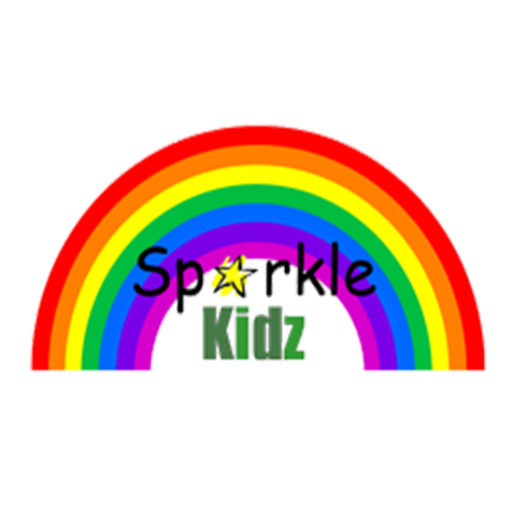

Discover how an effective after school program nurtures learning, creativity, and confidence. Explore 17 powerful benefits every parent should know.
Introduction to After School Programs
An after school program is more than just a place where kids spend time after the school bell rings—it’s a dynamic environment that fosters learning, fun, and personal growth. From structured academic help to enriching hobbies, these programs fill a vital gap between school and home.
In recent decades, the popularity of after school programs has skyrocketed. As families juggle demanding work schedules, and schools seek extended learning opportunities, these programs have evolved into critical support systems that benefit both children and parents.
Types of After School Programs
After school programs come in various forms, each tailored to a specific set of needs and interests:
- Academic Enrichment: Focused on improving core skills like reading, writing, math, and science.
- Sports and Physical Fitness: Activities that boost health, teamwork, and discipline.
- Creative Arts: Music, drama, painting, and dance stimulate imagination.
- STEM Programs: Engage students in coding, robotics, and experiments.
- Mentorship Programs: Build character, leadership, and positive role models.
Each type offers unique benefits, and the best programs often integrate a blend of these categories.
Importance of After School Programs in Child Development
A well-rounded after school program contributes to four major areas of child development:

- Social Development – Encourages teamwork, cooperation, and communication.
- Emotional Development – Builds self-esteem, resilience, and empathy.
- Cognitive Development – Supports critical thinking and academic performance.
- Physical Development – Promotes fitness, motor skills, and healthy habits.
These programs provide a structured yet flexible environment where kids can grow at their own pace.
Key Features of a Quality After School Program
Not all after school programs are created equal. Look for these essential features:
- Safe Environment: Secure facilities and trained staff.
- Engaging Curriculum: Activities that are both fun and educational.
- Qualified Instructors: Experienced educators and mentors.
- Parental Communication: Regular updates and involvement.
Programs that excel in these areas have higher success rates and happier, more confident children.
Academic Support & Tutoring
One of the most appreciated benefits of an after school program is academic help. These include:
- Homework Assistance: Reduces family stress and reinforces lessons.
- One-on-One Tutoring: Personalized instruction in weak areas.
- Enrichment Activities: STEM labs, spelling bees, math games.
Children who participate regularly often show improvement in grades, test scores, and a love for learning.
Promoting Physical Health Through Activities
Children need movement. After school programs incorporate:
- Team Sports: Soccer, basketball, volleyball.
- Individual Fitness: Yoga, martial arts, track.
- Outdoor Exploration: Nature walks, scavenger hunts, gardening.
These activities promote healthy lifestyles and build lifelong habits.
Fostering Creativity and the Arts
Creative outlets enhance emotional expression and problem-solving. Programs include:
- Art Classes: Drawing, painting, sculpture.
- Drama Clubs: Acting, stage production, improv games.
- Music Programs: Piano, guitar, choir.
Creative engagement is key to emotional well-being and self-expression.
Social Skills and Peer Interaction
Children develop vital life skills like:
- Conflict Resolution
- Team Collaboration
- Public Speaking
- Leadership and Empathy
These skills lay the foundation for success in school and beyond.
How After School Programs Help Working Parents
For working parents, these programs are a lifesaver:
- Safe Supervision: Reduces worry about unsupervised time.
- Productivity Booster: Helps parents focus on work knowing kids are safe.
- Affordable Care: Less costly than private babysitting or tutoring.
It’s a win-win for families and employers alike.
Success Stories: How Programs Changed Lives
Let’s explore a few real-life impacts:
- Jada, Age 11: Joined a STEM club and discovered her love for robotics.
- Eli, Age 13: Improved grades through reading assistance and became a school leader.
- Amira, Age 9: Overcame shyness through a drama club and now performs confidently on stage.
These stories showcase how transformative the right program can be.
You may contact 93253855 for After School Program.
